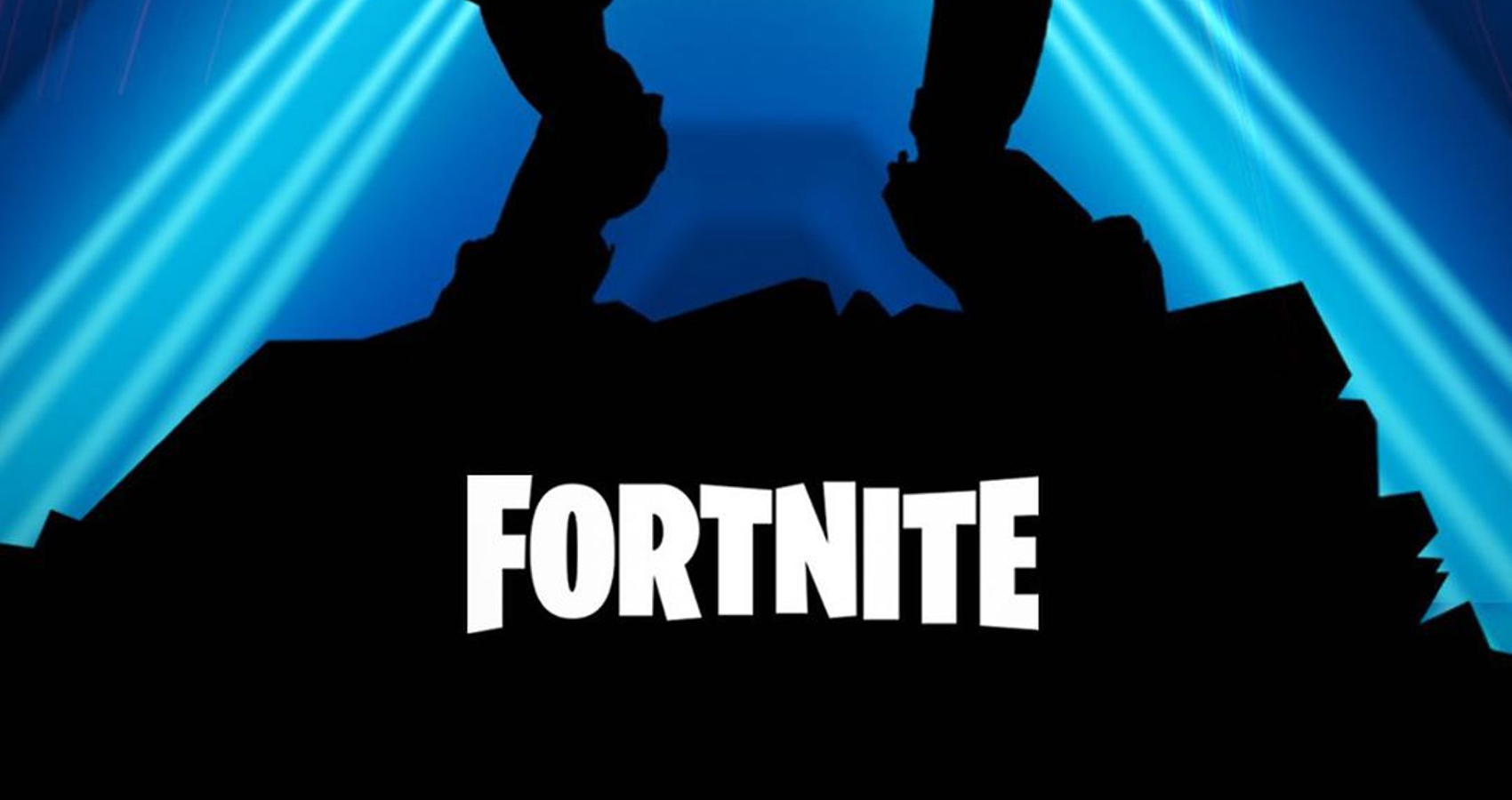By now, you've almost certainly heard of Fornite. The game has been taking over kid's lives for the past few years with no signs of stopping anytime soon. Even kids who don't actually play Fortnite know what it is, mainly due to their peers' obsession. Since it's release, adults have been shocked at how much (mostly) kids love the game. And now, a new lawsuit against the makers of the game is saying that it's "as addictive as cocaine."
Calex Legal, a Montreal, Canada based law firm is preparing a class-action suit against Epic Games, the creators of Fortnite. The suit claims that the creators of the game "knowingly" made it as addictive as possible. Filing on the behalf of parents with two kids aged 10 and 15, they're also claiming the game releases the brain chemical dopamine in the same way it does when taking hard drugs. And the result of that chemical release is creating an actual addiction to the high of playing.
It's not surprising that parents would try to go after Epic Games for creating Fortnite. But what is interesting is their claim that the creators made it addictive on purpose. "Epic Games, when they created Fortnite, for years and years, hired psychologists - they really dug into the human brain and they really made the effort to make it as addictive as possible," says Calex Legal attorney Alessandra Esposito Chartrand.
She also adds, "they knowingly put on the market a very, very addictive game which was also geared toward youth."
The parents of the two kids at the center of this were the ones to approach Calex Legal about a lawsuit. Because of their belief that their kids are truly addicted to the game, they believe there must be other kids out there who are also addicted. Their case uses the fact that the World Health Organization has added 'Gaming Disorder' to their International Classification of Diseases.
"In our case, the two parents that came forward and told [us], 'If we knew it was so addictive it would ruin our child's life, we would never have let them start playing Fortnite or we would have monitored it a lot more closely'," Chartrand explains.
Although Epic Games has put in the Fortnite Terms of Service that users can't sue them, the firm believes they're in violation of Quebec's Consumer Protection Act. The act "requires companies to clearly disclose risks associated with products or services." Chartrand is looking for more families to join the suit, but they've not disclosed how much their suing for.
READ NEXT: Gym Teacher Fired For Playing ‘Fortnite’ With His Students

